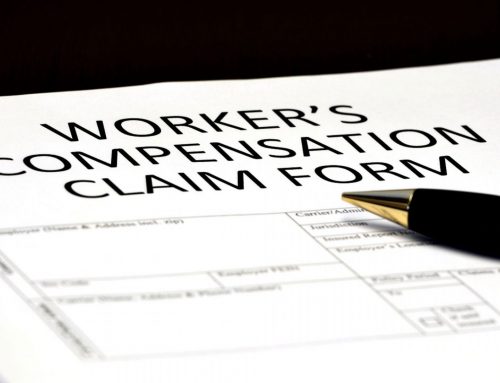Both federal and state laws may apply differently to independent contractors than employees. In certain cases, independent contractors have fewer rights than employees, which is the case with Minnesota worker’s compensation laws. This is why a huge red flag pops up when an employer tries to claim its workers are independent contractors after an injury occurs on the job.
It is important to know that just because your employer labels you an independent contractor does not mean you are legally an independent contractor. The court will look past simple titles to find the real facts of the situation.
Right about now, you may be wondering whether you are really an independent contractor or an employee. If you are trying to figure this out, it is important you know that your existing knowledge of these titles may not line up with the legal definition. For most people, the legal definition is more detailed than our regular use of these words.
Making matters more complicated for employees, the Minnesota Workers’ Compensation statutes do not define independent contractor. Instead, law has been developed through prior workers’ comp cases that have asked the question “is this worker an independent contractor or an employee.”
Case law has created a five factor test to determine who is an employee and independent contractor. You can check out the factor test on the Minnesota Department of Labor and Industry website.
While I have discussed this five factor test in a previous blog, the five factor test unfortunately does not provide injured workers with much guidance for self-help. The court will weigh the various facts of the case to determine whether the specific situation warrants an employee or independent contractor categorization. There is no easy, quick answer.
This is precisely why the you-are-an-independent-contractor argument is such a red flag for a work comp attorney. There are almost always facts that indicate you are an independent contractor and facts that indicate you are an employee. It is usually in your best interest to obtain an attorney to fight for your rights in this situation.
Special Rules: Independent Contractors in Construction, Trucking, and Messengers/Couriers
Special rules may apply if you are an independent contractor in the construction, trucking, or messenger/courier industries that may increase your chances of getting coverage under Minnesota workers’ compensation. This may also make your case more complex.
Next Steps: What To Do Now?
If you are in the situation discussed above, then I highly suggest you at least speak with a workers’ compensation attorney to get a free consultation. A good workman’s comp lawyer knows that just because your employer tells you you’re an independent contractor does not necessarily mean it is true.
Whether your medical bills, time off, wage losses, and rehabilitation costs are covered by your employer may turn on your classification as an employee or independent contractor. As always, our team of Minneapolis work comp lawyers are here to fight for your rights. Call or text us for a free consultation at (612) 465-8733.













